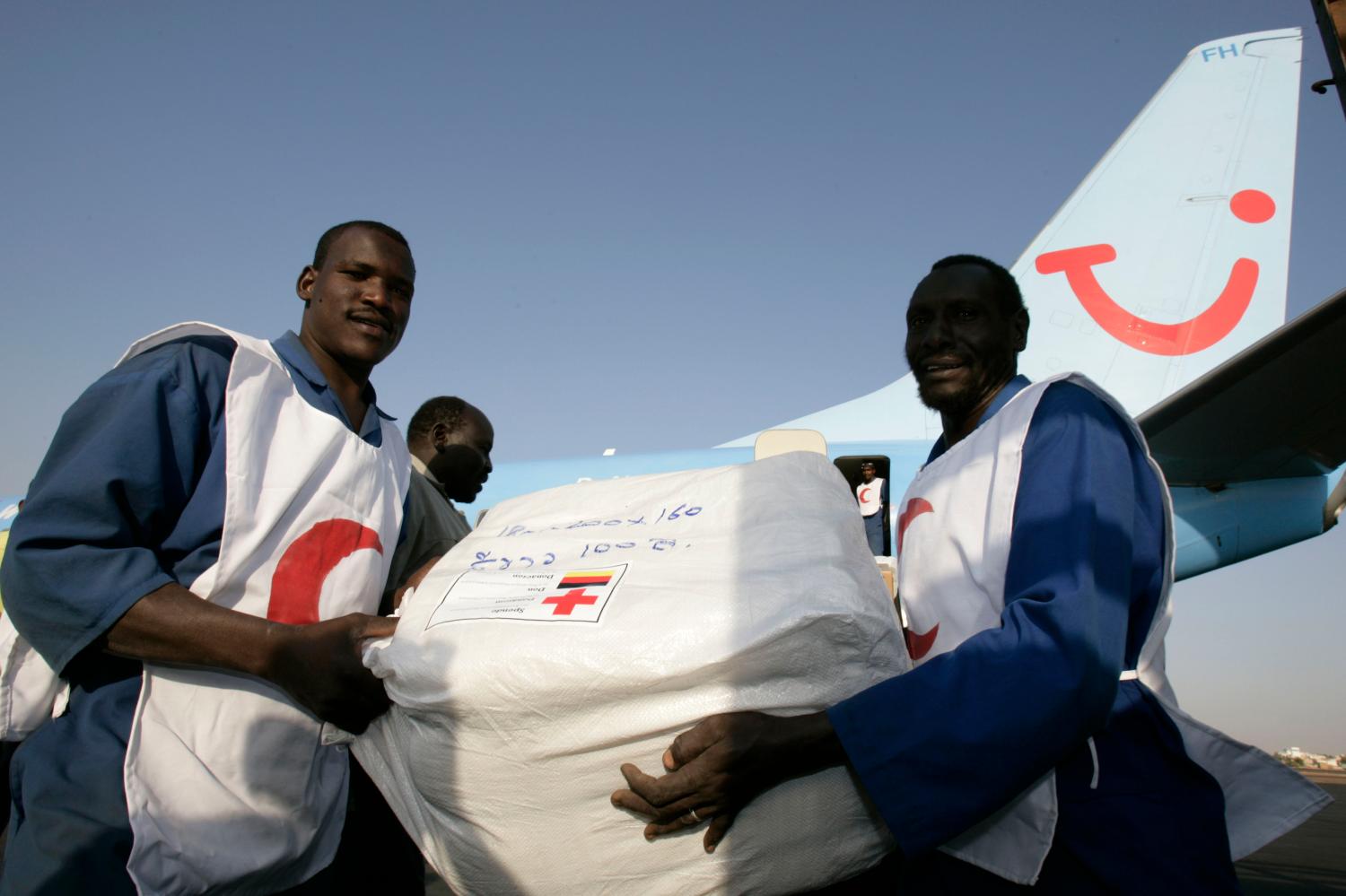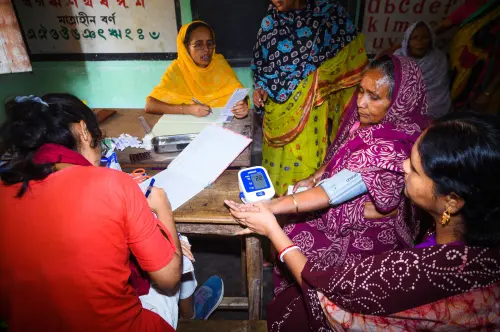INTRODUCTION
In December 2011, the United Nations State of the World’s Volunteering Report was released at the U.N. headquarters in New York along with a General Assembly resolution championing the role of volunteer action in peacebuilding and development. The United Nations Volunteers (UNV) Program report states that:
The contribution of volunteerism to development is particularly striking in the context of sustainable livelihoods and value-based notions of wellbeing. Contrary to common perceptions, the income poor are as likely to volunteer as those who are not poor. In doing so, they realize their assets, which include knowledge, skills and social networks, for the benefit of themselves, their families and their communities…Moreover, volunteering can reduce the social exclusion that is often the result of poverty, marginalization and other forms of inequality…There is mounting evidence that volunteer engagement promotes the civic values and social cohesion which mitigate violent conflict at all stages and that it even fosters reconciliation in post-conflict situations…
The “South Africa Conference on Volunteer Action for Development” convened in Johannesburg in October 2011, and the July 2012 “Africa Conference on Volunteer Action for Peace and Development” co-hosted with the Kenya’s Ministry of East African Community, the United Nations and partners in Nairobi give further evidence to the rise of and potential for volunteer service to impact development and conflict. Indeed, in the aftermath of the 2011 Arab Spring, youth volunteer service and empowerment have emerged as a pivotal idea in deliberations aimed at fostering greater regional cohesion and development.
In “Foresight Africa: Top Priorities for the Continent in 2012,” Mwangi S. Kimenyi and Stephen N. Karingi note that: “One of the most important pillars in determining whether the positive prospects for Africa will be realized is success in regional integration… This year is a crucial one for Africa’s regional integration project and actions by governments, regional organizations and the international community will be critical in determining the course of the continent’s development for many years to come.”
The authors note the expected completion of a tripartite regional free trade agreement by 2014 and the expected boost to intra-African trade, resulting in an expanded market of 26 African countries (representing more than half of the region’s economic output and population). At the same time, the declaration from the “South Africa Conference on Volunteer Action for Development” calls on “Governments of Southern African member states and other stakeholders to incorporate volunteering in their deliberations from Rio +20 and to recognize the transformational power as well as economic and social value of volunteering in achieving national development goals and regional priorities, which can be achieved by facilitating the creation of an enabling environment for volunteering to support, protect and empower volunteers.” This speaks directly to the urgent need to factor the social dimension into the regional integration agenda in the different African subregions.
This paper includes examples of the growth of volunteer service as a form of social capital that enhances cohesion and integration across three regions: southern, western, and eastern Africa. It further highlights civil society best practices and policy recommendations for increased volunteering in efforts to ensure positive peace, health, youth skills, assets and employment outcomes.
The importance of volunteering to development has been noted in recent United Nations consultations on the Rio+20 convening on sustainable development and the post-2015 development framework. As the U.N. reviews its Millennium Development Goals (MDG) process, Africa’s regional service initiatives offer vital lessons and strategies to further achieve the MDGs by December 2015, and to chart the way forward on the post-2015 development framework.
But how does volunteerism and civic service play out in sub-Saharan Africa? What are its institutional and non-institutional expressions? What are the benefits or impacts of volunteerism and civic service in society? Our specific purpose here is to provide evidence of the different manifestations and models of service, impact areas and range of issues in three African regions. In responding to these questions, this analysis incorporates data and observations from southern, western and eastern Africa.
In conclusion, we provide further collective insights and recommendations for the roles of the Africa Union and regional economic communities (RECs), youth, the international community, the private sector and civil society aimed at ensuring that volunteerism delivers on its promise and potential for impact on regional integration, youth development and peace.
The Brookings Institution is committed to quality, independence, and impact.
We are supported by a diverse array of funders. In line with our values and policies, each Brookings publication represents the sole views of its author(s).




